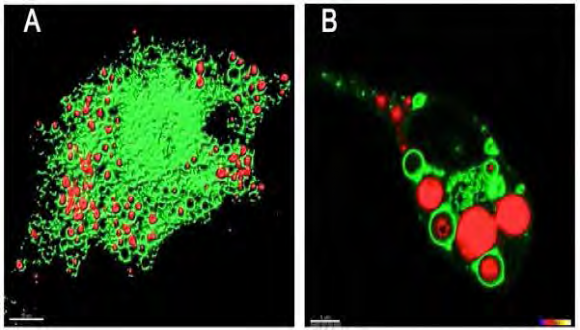Inflammatory and Autoimmune Diseases
Autoimmune diseases occur when the immune system has an abnormal reaction to tissues or substances normally present in the body. In these disorders, the immune system attacks its own body as if it were a predatory invader. Almost 80 illnesses are classified as autoimmune diseases, and they affect 5-20% of the global community. Our researchers seek greater understanding of these diseases and how to calm them.
|
The goal of Prof. Ariel Munitz's lab is to identify immunological mechanisms that can be pharmacologically targeted in diseases affecting the lung and gastrointestinal tract, such as asthma and inflammatory bowel disease.
|
| "Cell Death and Immune Response: the Role of Necroptosis and Pyroptosis in Inflammation" |
|
Dr. Mordechay (Motti) Gerlic, Ph.D., focuses on the understanding of the inflammatory response, with particular emphasis on novel NLRs (Nucleotide-binding domain and Leucine-rich repeat containing Receptors), and the non-apoptotic forms of cell death during infection.
|
| "Molecular Basis of Allergic Diseases: Genomic and Functional Analyses" |
|
The lab of Prof. Ronit Sagi-Eisenberg, Ph.D. is primarily interested in the molecular basis of allergic and allergy-related diseases, including skin allergy and asthma. Her lab explores the mechanisms underlying release of allergic (i.e. histamine) and inflammatory (i.e. cytokines) mediators from activated mast cells.
|


